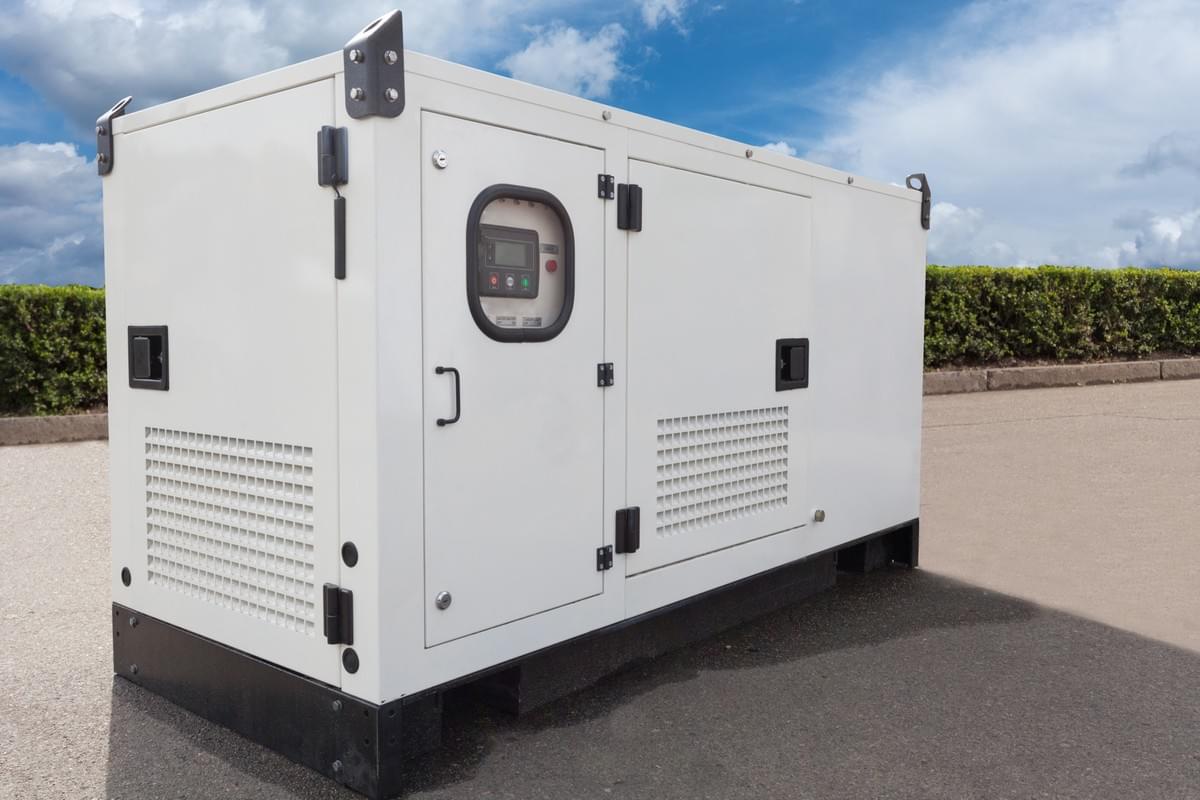
A diesel generator basically is the combination of an electrical generator with a diesel engine to produce electrical power. This is essentially a special case of generator-driven engine. A diesel compression ignition engine is commonly designed to operate on diesel fuel, although some kinds are also adapted to use other liquid fuels or even natural gas. In any case, the fuel remains the fundamental component of this type of generator. To read more on diesel generators, click here.
Nowadays, diesel generators are used in applications where high output power is required at short notice, and they are used for home as well as commercial purposes. Typically, these generators are used in applications where there is a need for a ready source of electrical energy within seconds, such as in an emergency situation. For instance, in a disaster area or an area that has been affected by an earthquake or a power outage, diesel generators are used to help provide power. These units are also used to generate short-term power in military bases and in hospitals.
There are two basic models of diesel generators - single phase and multiple phase. As the name indicates, the single-phase unit runs on a single engine, while the multi-phase unit uses an alternator to supply electrical power to the various fittings that are needed to make it operational. Most diesel generators have an alternator that is a smaller version of the main electronic circuit board.
The high power demand that is characteristic of the use of diesel generators means that these units are generally quite large and bulky. For this reason, most portable diesel generators have an option to mount onto the back of a truck or a van so that it can be conveniently moved around. The small size of these units also means that they are cheaper to purchase and easier to handle. Portable units are available in both permanent and portable models.
Diesel generators are more robust than a similarly sized gas generator, but still relatively lightweight. This makes them more suited to use in situations where there is no need to support a large amount of mechanical load. They are also less likely to suffer from the same problems that more heavily loaded generators are prone to, including sparks and overloads. When operating at high temperatures, it is important to remember that a generator must operate at a constant temperature if it is to sustain itself over the long term. Diesel fuel burns at a much cooler temperature than gasoline fuel.
These generators are available in both non-corrosive and corroding varieties. Many governments encourage the use of generators as part of their overall electrical grid power systems. These generators are also widely used in military applications, providing continuous power to facilities that require emergency services. You can get these quality generators at https://www.ablesales.com.au/diesel-generators-perth-melbourne-brisbane/. While other fuels may be more appropriate for these types of applications, a generator that is fueled with diesel offers an alternative to using fuels that can deteriorate in quality, such as gasoline. Diesel fuel is also much more adaptable to changing environments. It is also an excellent choice for environmentally sensitive locations, such as forests and remote places. Knowledge is power and so you would like to top up what you have learned in this article at: https://en.wikipedia.org/wiki/Electric_generator.